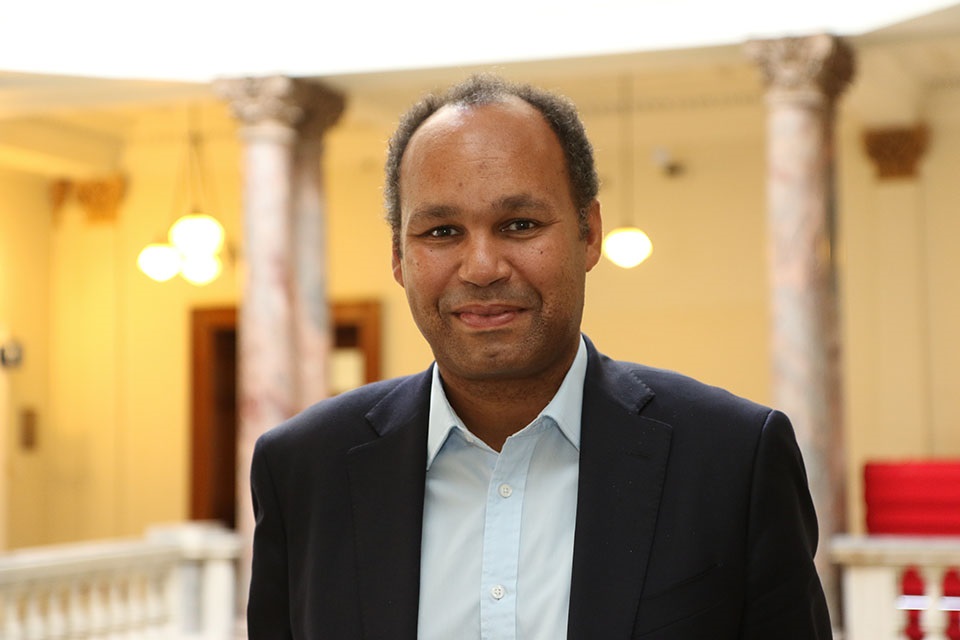Food and fuel shortages hampering the UN response in Central African Republic
Statement by Ambassador James Kariuki at the Security Council briefing on the UN peacekeeping mission, MINUSCA

Thank you President. I would like to welcome SRSG Rugwabiza to her role and wish her every success going forward. We are also grateful to you for your briefing and to Ms Lina Ekomo for her powerful testimony. I would like to welcome the participation of the representative of CAR to this meeting.
I will make four points in response to what we have heard today.
First, the political situation. The United Kingdom welcomes progress on the Republican Dialogue process, as well as continued regional efforts on the Luanda joint roadmap initiative in support of the Political Agreement. The cessation of violence and an inclusive, credible process, including civil society and opposition groups, remains the key to long-term success. We urge all parties to respect the ceasefire as a key step towards peace.
Second human rights and humanitarian issues. The United Kingdom welcomes the National Assembly’s 30 May to abolish the death penalty, which represents a positive step towards improving human rights. However, we are gravely concerned by continuing violations of International Humanitarian Law, and violations and abuses of human rights by all parties to the conflict.
Indiscriminate killings of unarmed civilians by the FACA and the Russian mercenary group, Wagner, which continues to play a destabilising role in the country, have not stopped. We call on the Government of CAR to fully coordinate all security actors operating in the country, to ensure they abide by applicable international humanitarian and human rights law, and to ensure that all perpetrators of violations or abuses are held to account.
President, the ripple effects of Russia’s illegal invasion of Ukraine are having a profound impact on CAR. Food and fuel shortages are hampering the humanitarian response and impeding MINUSCA’s operations. To help ease the impact, we call on the Government of Cameroon to allow the export of fuel and other humanitarian items from Douala to meet urgent humanitarian needs.
Third, obstructions to MINUSCA’s operations. On MINUSCA’s operations more generally, the increase in violations of the status-of-force agreement, including with the involvement “other security personnel”, is unacceptable. We urge the Government of CAR to abide by the status-of-forces agreement, and to the share the outcome of its investigation into the attack by presidential guard forces on a United Nations bus on 1 November 2021.
Finally, President, to the United Kingdom once again emphasises that the arms embargo exists to prevent weapons falling into the hands of armed groups and fuelling violence. It does not exist to prevent the government from obtaining the equipment it needs for defence and security sector reform. Indeed, to date, the Committee has approved all exemption requests submitted under the framework of the arms embargo.
We welcome any progress the government has made in regards to meeting the Council’s benchmarks, and look forward to the Panel of Experts reporting on this issue in future.